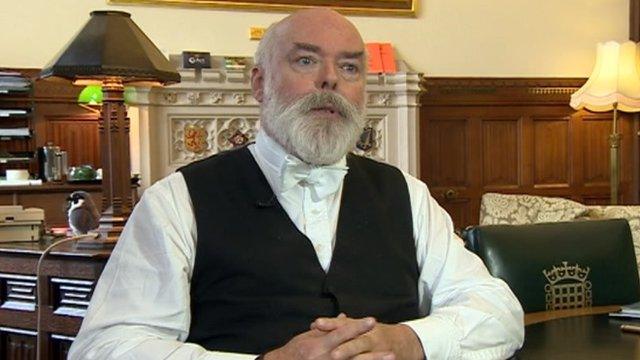Commons clerk criticises John Bercow proposal
- Published
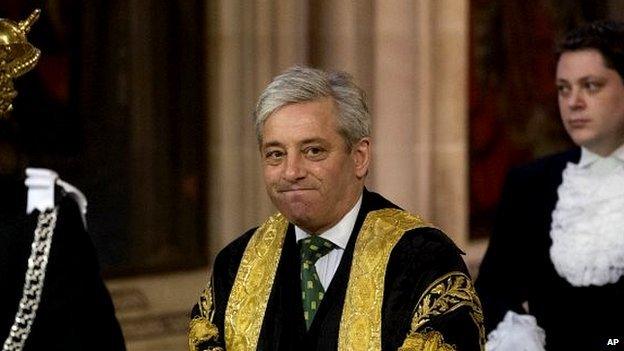
Sir Robert Rogers - the most senior official in the House of Commons - says a suggestion his role could be split to create two posts of equal seniority is the "wrong answer".
Speaker John Bercow came up with the idea amid criticism of his choice to replace Sir Robert as Commons clerk.
The clerk is the chief constitutional and parliamentary advisor to the Commons and its Speaker.
The holder of the post is also Parliament's chief executive.
That means he or she is in charge of managing around 2,000 staff and in charge of a multi-million pound budget.
Last week, Mr Bercow wrote in a letter to senior Conservative MP Sir Alan Duncan that he thought "the two roles currently combined in this single post need to be separated as soon as practicable".
Warning
Now the BBC has seen a copy of a letter from Sir Robert, the outgoing clerk, to Sir Alan, in which he sets out a number of reasons why he thinks appointing a Clerk and a Chief Executive who would be "co-equals" would be a mistake.

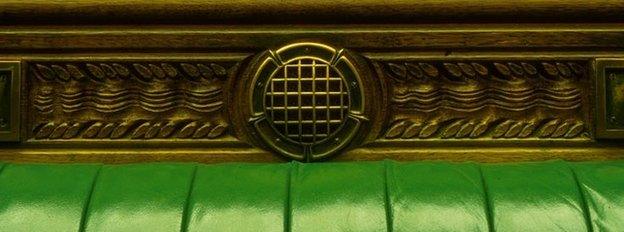
Background to the row
A number of senior politicians are worried that the appointment of the most senior official in the House of Commons has become so controversial.
But some of those who are unhappy at the way the recruitment and appointment of a new Clerk has been handled are long standing critics of the Commons Speaker, John Bercow.
Mr Bercow has been a controversial Speaker who has overseen a number of moves to modernise the Commons.
Some MPs have welcomed the changes but others have complained that Mr Bercow is not always impartial.

Mr Bercow's spokeswoman said a six person interview panel assessed "the performance, skills and suitability of each of the shortlisted candidates" for a job with "two distinct functions - to be the CEO, managing a sizeable workforce and a £200m budget, and to advise the Speaker and the House". And she said the panel and not the Speaker had chosen the candidate.
He gives a warning that it could lead to officials playing MPs off against each other or even create a situation in which MPs sought to play the officials off against each other.
Sir Robert says: "the buck must stop somewhere, and it needs to stop with the official who is responsible to the House, not to a Chief Executive responsible to the Speaker and the House of Commons Commission".
In his letter, Sir Robert suggests that the answer is to create a Chief Operating Officer in charge of day-to-day management who would report to the clerk.
He says there would be no need to change the law to create this new post.
Confirmation hearing
This proposal has been made before. In 2007, a former senior civil servant, Sir Kevin Tebbit, carried out a management review and recommended the appointment of a Deputy Clerk/Chief Operating Officer.
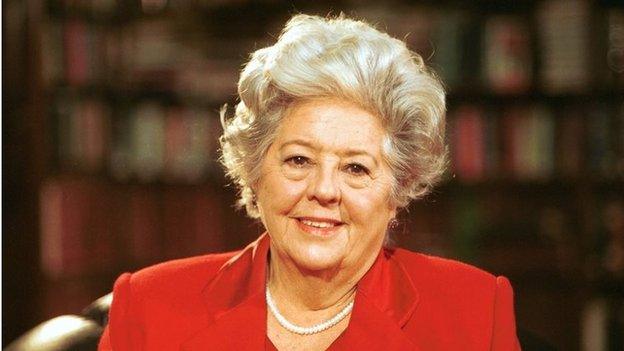
Lady Boothroyd has criticised John Bercow's choice of clerk
There is a growing row at Westminster about the appointment of a new clerk. It began when it emerged that Carol Mills, an official at the Australian Senate, was the preferred candidate for the job.
Senior Parliamentarians, including the former Speaker, Betty, now Lady, Boothroyd have suggested that Ms Mills is not qualified to act as the main advisor on Parliamentary procedure and privilege and they've called for a delay so that MPs can hold a hearing before Ms Mills is appointed.
The clerk is appointed by the Queen on the recommendation of Downing Street. A six member panel chaired by Speaker Bercow oversaw the recruitment process and the name of the successful candidate was passed to Number 10 earlier this month.
A spokeswoman for David Cameron said it was an important role and the prime minister's view was that in order for the individual to carry out the role successfully they would need support from across the House of Commons.

What does the clerk of the Commons do?
Sitting in front of the Speaker, the clerk is the senior adviser to the Commons on matters of procedure and business
He or she is also the chief executive of the House of Commons Service, looking after maintenance and services such as catering and administration, which employs 2,000 people
The clerk signs contracts on the House's behalf and "holds" all of its property, meaning that, in strict legal terms, they are the "owner" of Big Ben

The spokeswoman added that the recommendation had not been formalised yet.
The text of a motion that could potentially be tabled by Conservative backbencher Jesse Norman next week has been circulated. Reports suggest up to 50 MPs have already pledged to support it.
The motion would stop short of demanding Ms Mills appointment be abandoned, merely insisting there should be a confirmation hearing.
The proposed text reads: "That this House believes that the recommendation of Ms Carol Mills to be Clerk of this House should be subject to, and contingent upon, a pre-appointment hearing and report by a select committee."
- Published22 August 2014
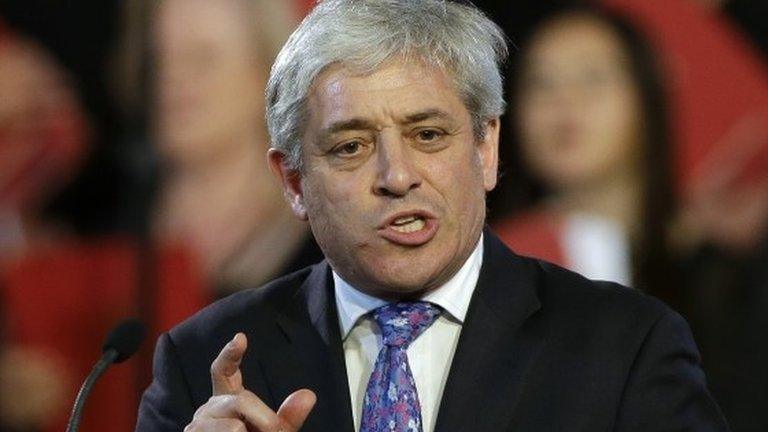
- Published19 August 2014

- Published18 August 2014
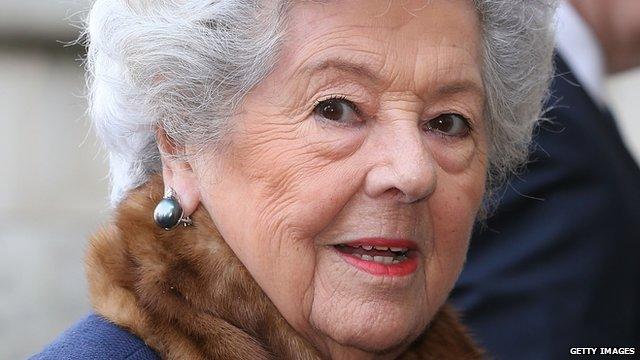
- Published16 July 2014
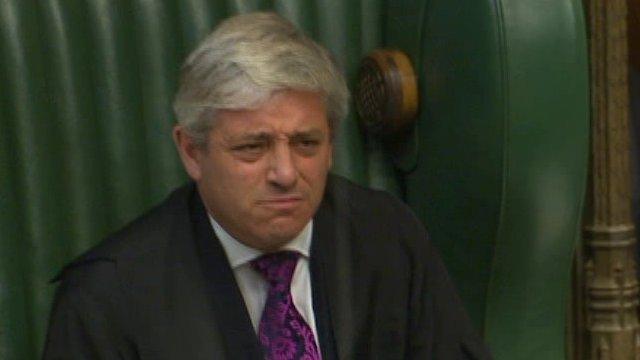
- Published21 July 2014
